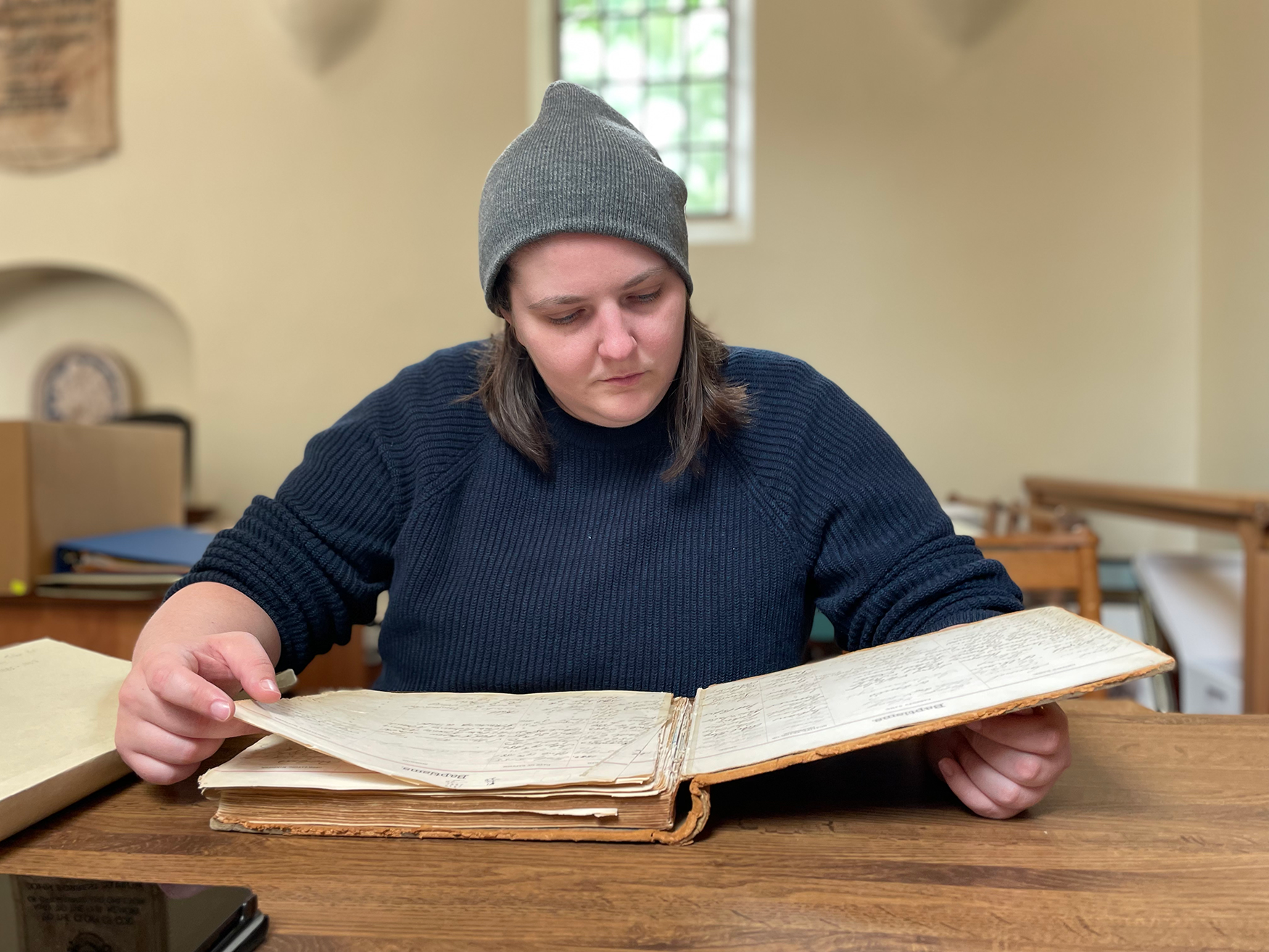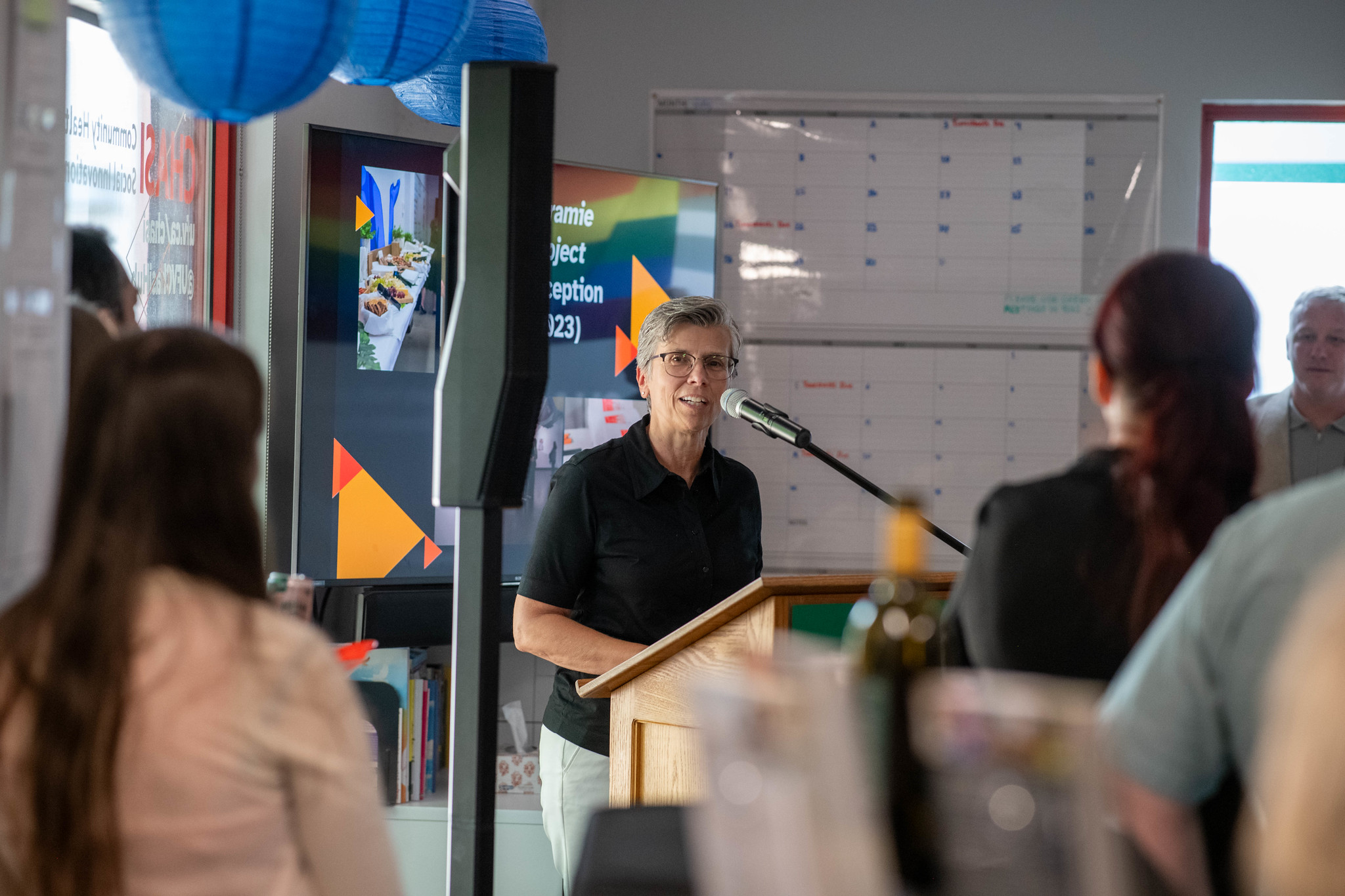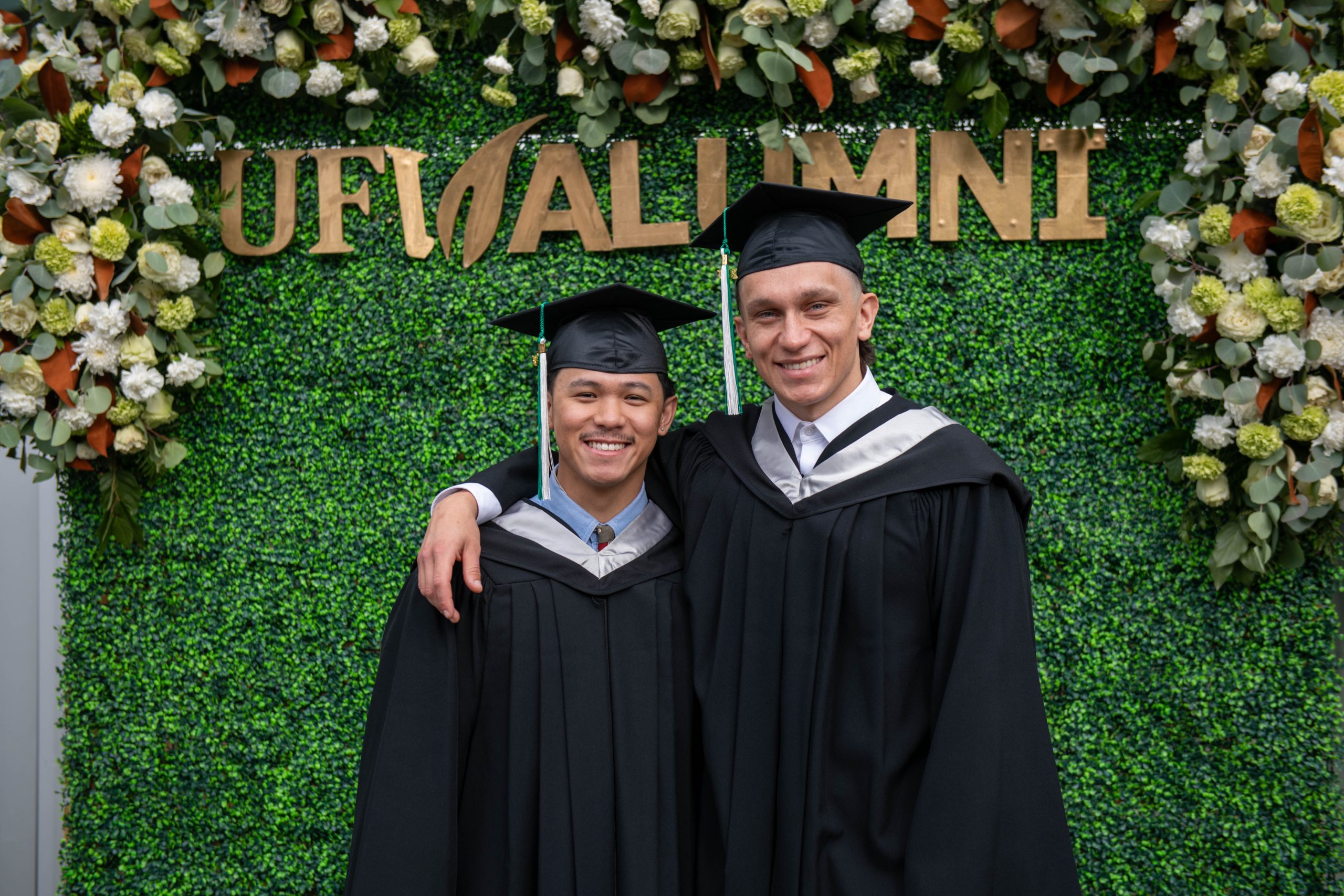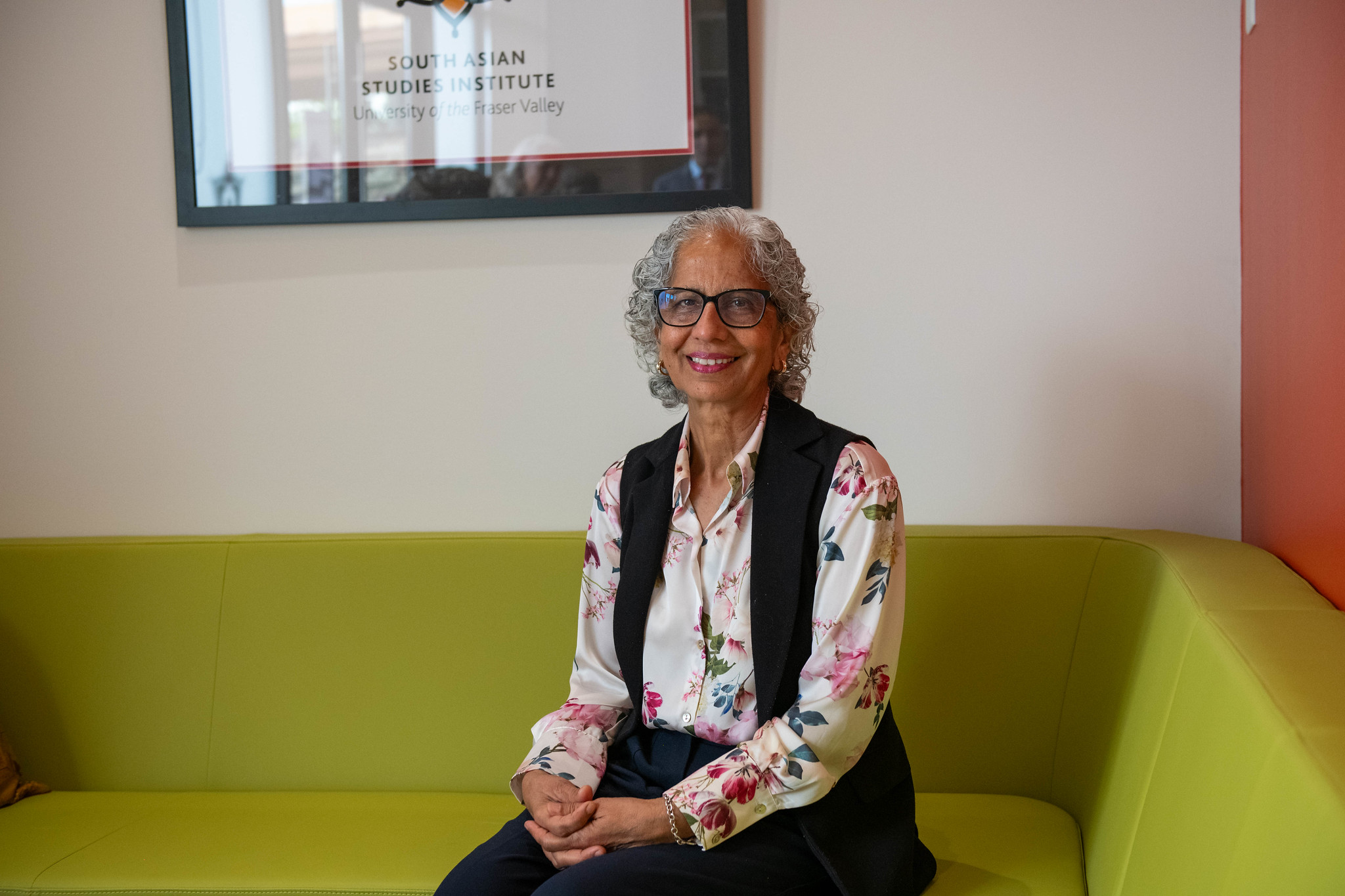Bringing the records of Haida Gwaii’s children home
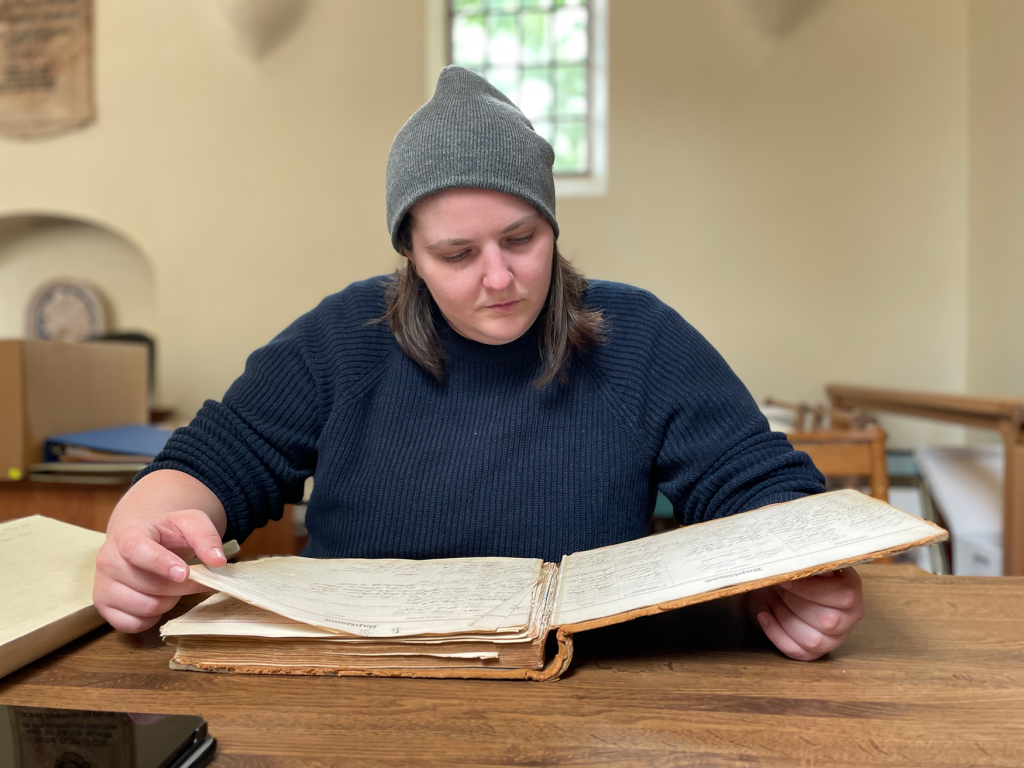
In March 2024, a hard drive representing the culmination of a year’s worth of archival research returned to its rightful home.
For most of the 20th century, Canada’s Indian Residential School system uprooted hundreds of young children from their community on Haida Gwaii. The forced separation of families left deep scars on the island’s cultural fabric.
“Haida children were sent to schools as far away as Edmonton,” explains Carlanna Thompson, a member of the research team. “This community has faced many barriers in accessing records that rightfully belong to them.”
Records, including photos and yearbooks, exist in archives housed in different locations and a variety of formats. For survivors and their families, accessing those records has been challenging. Many were not digitized and required travel to archival repositories. Others had restrictions on access or other colonial barriers that created roadblocks.
The Old Massett Village Council of Haida Gwaii knew of Dr. Sarah Beaulieu and her work at UFV, and they sought her out for a collaboration to repatriate records. As a faculty associate with UFV’s Community Health and Social Innovation (CHASI) hub, Sarah assembled a team that included Lia Bishop, a co-lead researcher; Frankie Fowle, a student designer; and Carlanna, a recent history graduate.
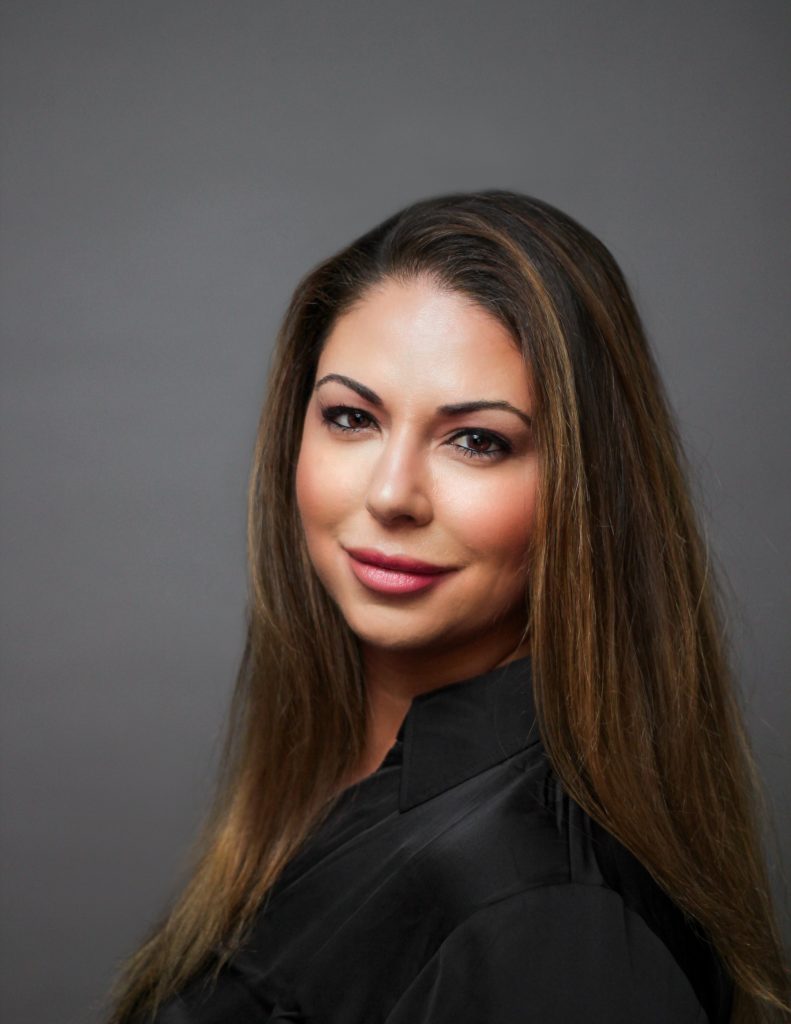
For a year, the team searched museums and archives from Victoria to Ottawa, both online and in person, locating as many records as they could. The team estimates they reviewed as many as 120,000 pages of records documenting Haida children.
Building community relationships and trust is paramount to this sensitive work. To do that, the team visited Haida Gwaii several times, participating in community gatherings. Over time, the team was able to interview several residential school survivors. These interviews filled in gaps left by missing records, preserving these important stories.
Carlanna and Frankie both start graduate programs in September at the University of Victoria and Emily Carr University of Art + Design, respectively. Their experience with CHASI has given them the knowledge, tools, and experience to thrive.
The team meticulously gathered and digitized records on hundreds of children. Following principles of Indigenous sovereignty, the Haida retain ownership of this database and its stories.
“The information is now theirs to keep and decide what to do with,” concludes Carlanna.
Dr. Sarah Beaulieu was recently celebrated with a prestigious Governor General’s Innovation Award along with a team of 14 other scholars and researchers. Her exceptional contributions were recognized through her involvement with the Canadian Archaeological Association’s Working Group on Unmarked Graves.


